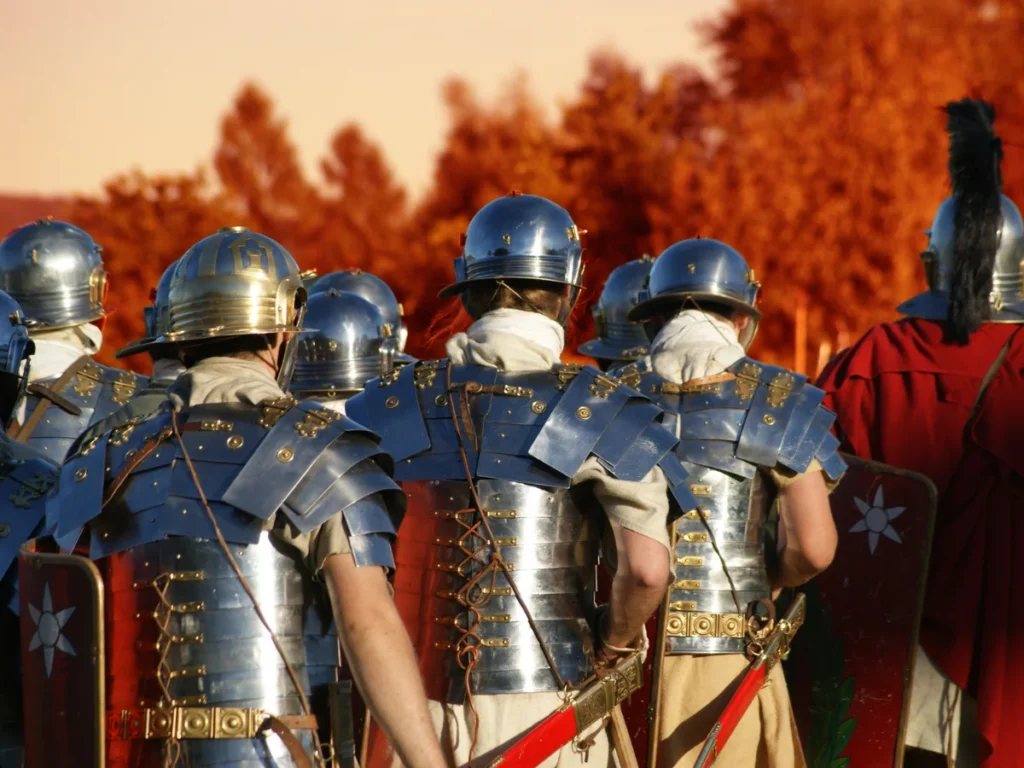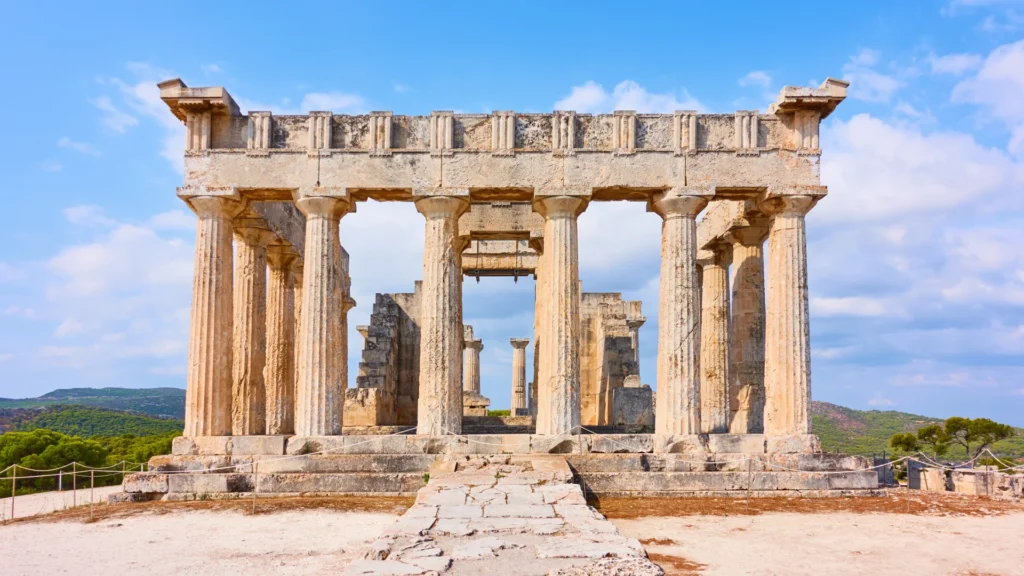The Pyrrhic War
The Pyrrhic War, pitted the Greek forces of King Pyrrhus of Epirus against the Roman legions in southern Italy. Pyrrhus won battles but suffered heavy losses, coining the term “Pyrrhic victory.” Despite some tactical successes, he eventually withdrew, while Rome’s resilience and ability to absorb losses laid the groundwork for its future dominance in the ancient world. This conflict’s legacy includes the enduring concept of a costly victory being akin to defeat.

The Pyrrhic War (280 - 275 BCE)
The Prelude to Conflict:
The Pyrrhic War, waged between 280 and 275 BCE, emerged from the complex power dynamics of the Hellenistic world. King Pyrrhus of Epirus, a skilled military commander, sought to expand his influence across southern Italy. The Italian city-states, caught in a web of alliances and rivalries, appealed to Rome for assistance against this Greek intrusion.
The Nature of the War:
The war began in earnest when Pyrrhus, with his elite troops and war elephants, landed in Italy. Pyrrhus won several battles, but each victory came at a heavy cost. The term “Pyrrhic victory” itself originated from his campaigns, signifying a win that extracts an exceedingly high toll. Pyrrhus faced the resilient Roman legions, led by generals like Publius Valerius Laevinus and Manius Curius Dentatus, who adopted a war of attrition strategy to wear down the Epirote forces.
The Aftermath and Legacy:
Although Pyrrhus won some battles, his resources dwindled, and he eventually withdrew from Italy, returning to Greece. The Romans, resilient and determined, persevered and further expanded their influence in Italy. The Pyrrhic War demonstrated Rome’s military resilience and adaptability.
This war’s legacy lies in the coining of the term “Pyrrhic victory,” symbolizing the idea that even a costly victory can be a strategic defeat. It also highlighted Rome’s potential to absorb losses and continue the fight, a characteristic that would define its future rise to dominance in the ancient world.
More History

Aegina
Aegina, a significant island in ancient Greece, boasted a thriving maritime culture, renowned for its skilled sailors and flourishing trade routes.

Demeter
Demeter, the goddess of agriculture in ancient Greece, nurtured the earth, ensuring bountiful harvests, and symbolizing the cycle of life.

Democracy
Democracy, an innovative concept in ancient Greece, empowered citizens to participate in decision-making, fostering civic engagement and political evolution.
